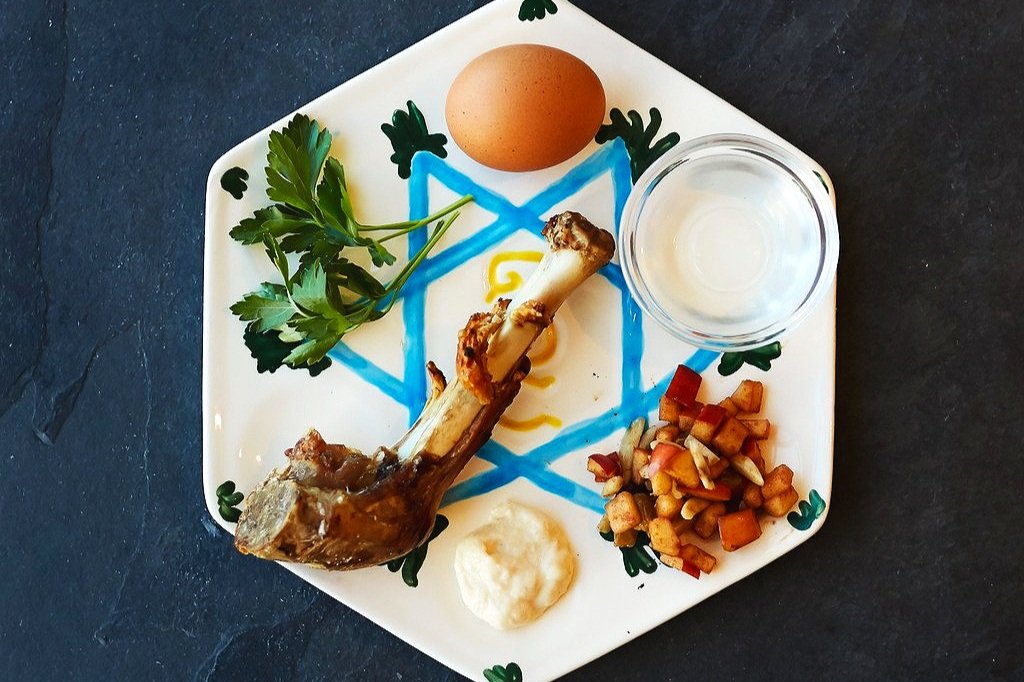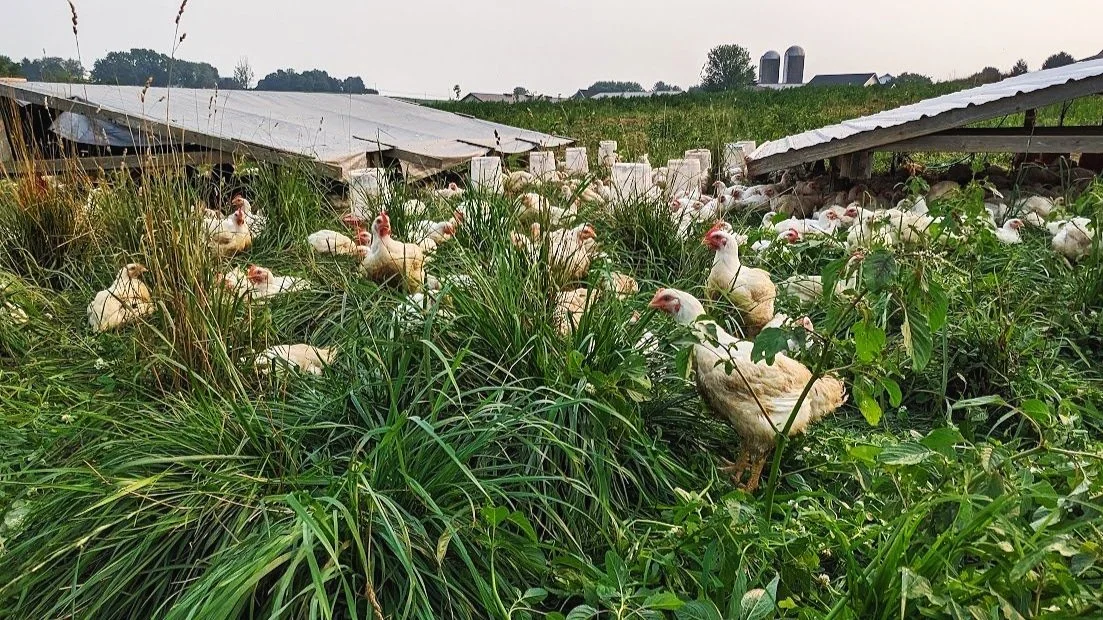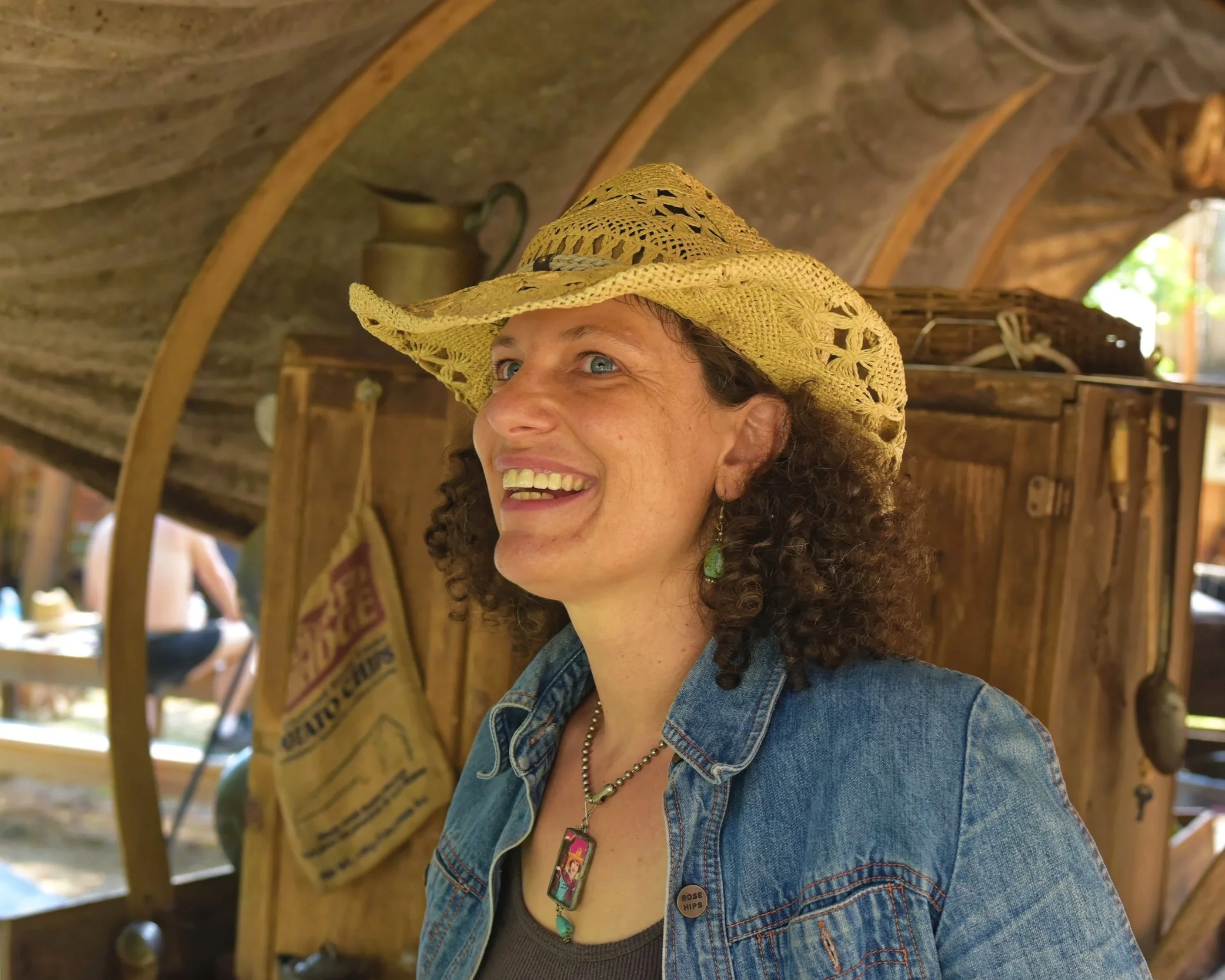Try the First Sustainable, Kosher Meat Business for Your Next Meal
This weekend ushers in Passover, one of the Three Pilgrimage Festivals and a major Jewish holiday. The Passover Seder, a ritual feast held on the first night, is a time-honored tradition featuring a recounting of the Israelites’ liberation from slavery in Egypt and the Passover Seder plate full of symbolic foods, including lamb. For one Jewish woman, however, a lack of not only kosher meat, but sustainable meat, presented a dilemma.
So, Devora Kimelman-Block took matters into her own hands and founded KOL Foods, a business providing a brand-new product: glatt-kosher meat that is also sustainable and grass-fed.
“She hadn’t cooked meat in her own house for years,” explains CEO Gidon van Emden. “Because she wanted kosher and grass-fed meat and that didn’t exist. She got tired of that and paired with her background as an environmental activist, she decided to make a go of it.”
Small online business KOL Foods has now been around for nearly two decades and remains the only supplier of regenerative, 100% grass-fed, kosher beef and organic-fed, pastured poultry in the United States. It is also one of hundreds of businesses which have been certified as a Green Business Network member, a designation given to businesses which meet or exceed Green America’s standards for social and environmental responsibility.
What Is Kosher Meat? What Is Sustainable Meat?
“There are three things you need to know about kosher foods,” van Emden says. “First, you can’t mix meat and dairy. Second, you can only eat animals that are from a kosher species, so no pork, no shellfish. Finally, the food must be produced and prepared in a way that’s kosher.”
These rules stem from the Five Books of Moses, or the Torah, and contain many intricacies.
At KOL Foods, they provide many different types of meat that are all kosher and sustainable, including: beef, lamb, chicken, turkey, duck, and salmon. For some of these meats—beef and lamb—KOL Foods goes above and beyond.
All cuts of beef and lamb are glatt kosher, which is a more rigid standard of kosher. Translating to “smooth” in Yiddish, glatt refers to a lack of adhesions on the animal’s lungs. If an animal is found to have sirchot, scar tissue-like adhesions on the lung, they are treifah, or not kosher.
Fish is another animal species with specific rules—only fish with both fins and easily detachable scales are kosher. That's why all of KOL Foods’ salmon is sold skin-on.
Regenerating Traditions in Growing
Sustainably, KOL Foods works with small farms practicing regenerative agriculture and providing meat that is 100% grass-fed.
“We work specifically with small producers because we can have a better relationship with them,” van Emden says. “I’ve sat down with the CEO of one of the poultry slaughterhouses we work with to see and ask about the animal treatment.”
KOL Foods also sells kosher meat from slow-growth (heritage breed) chickens, a practice bigger farms are starting to adopt, but which KOL Foods’ began selling a decade ago.
Slow-growth chickens are exactly what they sound like: chickens that take longer to reach market weight. Slower growth is linked to better animal welfare and health conditions, flavor and quality, as well as preserving genetic diversity to maintain flocks resilient and adaptative to environmental changes.
“It’s a step forward,” van Emden concedes, while acknowledging there is still much more to be done, especially at large-scale.
Going Beyond the Farm
It is not only KOL Foods’ products that are sustainable.
“There’s little things,” van Emden shares. “We used to ship in Styrofoam coolers, but about a decade ago we switched to compostable materials like jute and cotton. They basically create a thick blanket that works just as well as Styrofoam.”
Van Emden says KOL Foods has walked away from producers in the past due to lacking labor standards and farming techniques. It’s hard, he acknowledges, because the business is part of a much larger industry that they don’t always have control over.
“Products suffer when employees suffer,” he says matter-of-factly.
Quality products are key for KOL Foods, and van Emden says cheekily “we’re probably the only meat company that says, ‘buy better meat and buy less meat.’”
He knows the business does not compete on price, but it does compete on quality and values. When they couldn’t source enough beef from American farms that met their standards, the company began working with farms in Uruguay.
“We’re going to tell you what the situation is, why our cuts come from where they come [from], and hope you’ll consider buying Uruguayan beef.”
Ultimately, van Emden is ready to see the agricultural industry catch up and no longer “reward people for growing corn and soy that is fed to animals” and instead encourage them to raise meat regeneratively.
“Industrial meat should be more reflective of the costs it incurs, which it isn’t now because of subsidies,” he says. “Instead, I’d love to see subsidies for people who grow regeneratively, who rotate their beef with lamb and chickens so there’s a cycle. It’s better for the soil, it’s better for the planet, it’s better for animal health and therefore our own health.”
L'chaim! To Your Next Seder
Lamb is one of the symbolic foods on the Passover Seder plate, and lamb Seder bones is a specific product KOL Foods sells. What else could you make with these high-quality, kosher, and sustainable meats?
“Make a nice chicken soup and put some matzah balls in it,” van Emden recommends. You can even use his own family’s recipe for Dutch matzah balls.
While nourishing yourself with quality, humane, and environmentally friendly food, consider your own source of groceries. Other green food businesses can look to KOL Foods as inspiration and to learn, because a sustainable and just world depends on collaboration.
“We’ve seen an increase in demand for our products,” van Emden concludes. “People are figuring out this is important and they’re willing to spend the money to invest in themselves, in the animals, in the planet, and that’s a hopeful sign.”



